Senior Helen Xu moved the summer before her senior year to Carmel from California. After the beginning of the school year, she said she began to notice the difference in retake or reassessment policies between schools. At her old school, they didn’t have the same options for retakes or reassessments. She said because of this, getting a good grade on the first attempt was more stressful there than it is at this school.
“My old school didn’t have an SSRT, so retakes weren’t really a thing; (they were) very inaccessible,” she said. “But now with this school’s SSRT it’s very convenient and it’s almost built into your schedule to allow for (retakes).”
Those retakes often allow for higher grades, so students at schools without retake policies may show lower GPAs than students’ GPAs of schools that do allow them. And that’s challenging as colleges still look at GPAs as a major factor for admission. According to a 2022 study conducted by Pew Research Center, over 90% of Americans said college admissions should consider high school grades. Over 60% say high school grades should be a major factor in college admissions. This placed grades over things such as standardized test scores and community service involvement.
Associate Principal Karen McDaniel led the implementation of the high school’s newest reassessment policies.
“I’m not worried about grade inflation,” she said. “I embrace that philosophy because it gives students an opportunity to work hard to show as much as (they) want to show to get to that mastery. That’s what’s important.”
McDaniel said this school adjusted its policies to make retakes and reassessment opportunities equal between classes, instead of varying from teacher to teacher. She said the new policies also place less stress on students because they don’t have to worry about getting everything completely right the first time. Instead, students can focus on maintaining a more well-rounded life as well as succeeding academically. McDaniel also said extracurriculars are another component colleges consider when looking to accept students. Giving students more room to do what they want outside of school, she said, can also help them get into college as grades may be becoming less relevant.
To that end, Xu said when applying for college, it’s important to have a multifaceted application. She said this is because different colleges emphasize different things.
“It’s really just knowing what the school values, and just having a good, balanced application,” she said.
Melinda Stephan, college and career programming coordinator, echoed this idea as well. She said she advised students to be aware of their strengths and to manage their time in the courses they take.
“A lot of (colleges and universities) are not focused on that number, even though our (students), and sometimes our families and communities are focused on that GPA number. What’s really more important is: How did you get that GPA? What classes did you choose, how did you challenge yourself? I think that’s clearly one way to stand out,” she said. “Take on challenging courses in a balanced way in areas that you’re interested in, in areas that are strengths, but also make decisions on that challenge based on what else is demanding of your time.”
Stephan also said colleges don’t tend to dive very deep into what a school’s exact reassessment policy is. She said on the course level, retaking a class is something colleges can see in students’ transcripts. However, when it comes to retaking individual tests, colleges and universities aren’t usually aware of different policies between schools. They only view the letter grades and do not pay attention to the more minute changes in grades.
Despite concerns about grade inflation, colleges haven’t been lowering their acceptance rates to account for rising GPAs. In fact, according to the National Association for College Admission Counseling, the average college acceptance rates have gone up by at least 2% in recent years. For the last two decades, acceptance rates have never gone below 63%.
McDaniel said the colleges and universities working with this school know the standard of excellence the high school has for its students. She also said they know how much this school emphasizes students’ learning and growth over memorizing facts and meeting grade requirements.
McDaniel said, “We don’t give the grade, you earn the grade. It’s not ours to give, it’s yours to earn.”











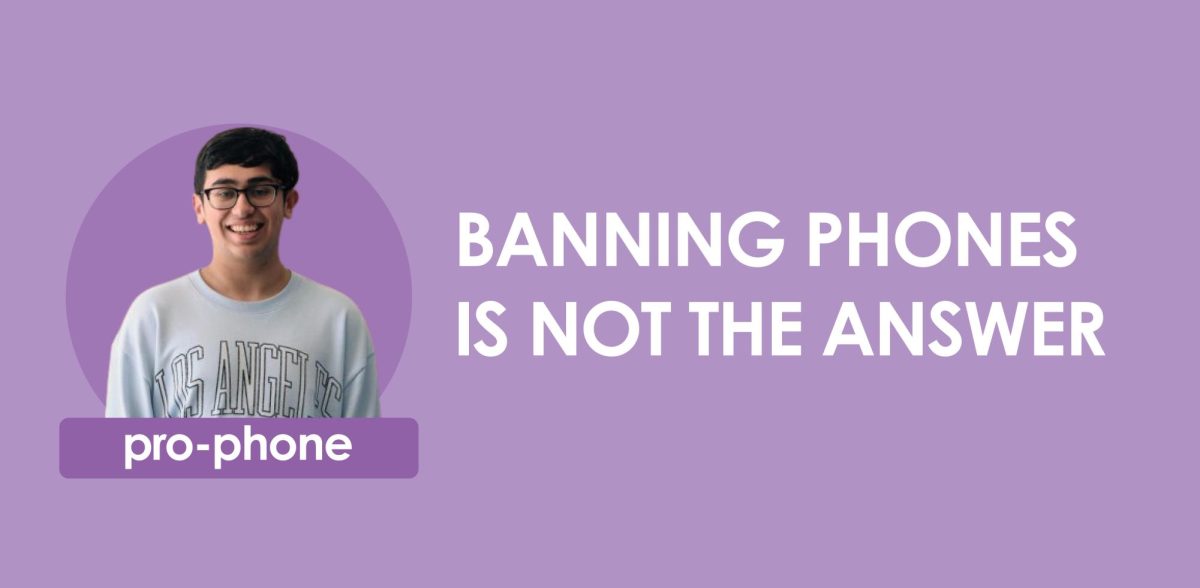
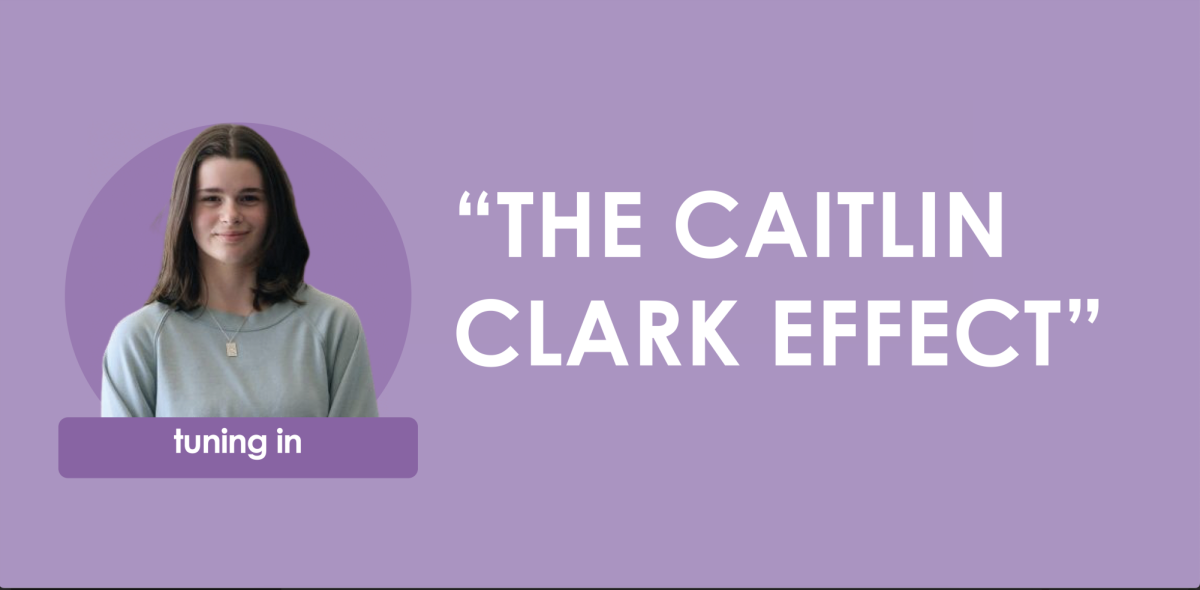







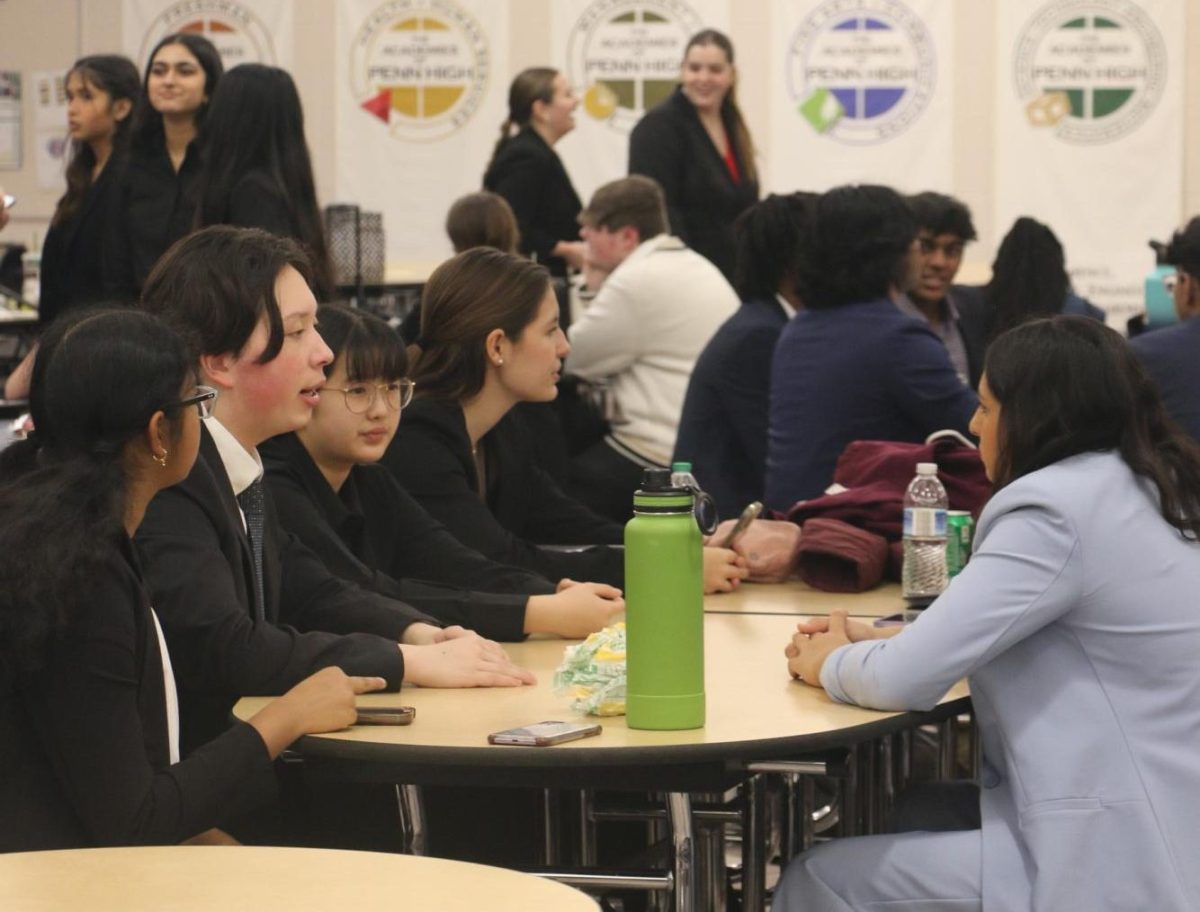









![Family vlogger controversy, need for content reform [opinion]](https://hilite.org/wp-content/uploads/2024/05/Screenshot-2024-05-14-11.33.37-AM-1200x465.png)





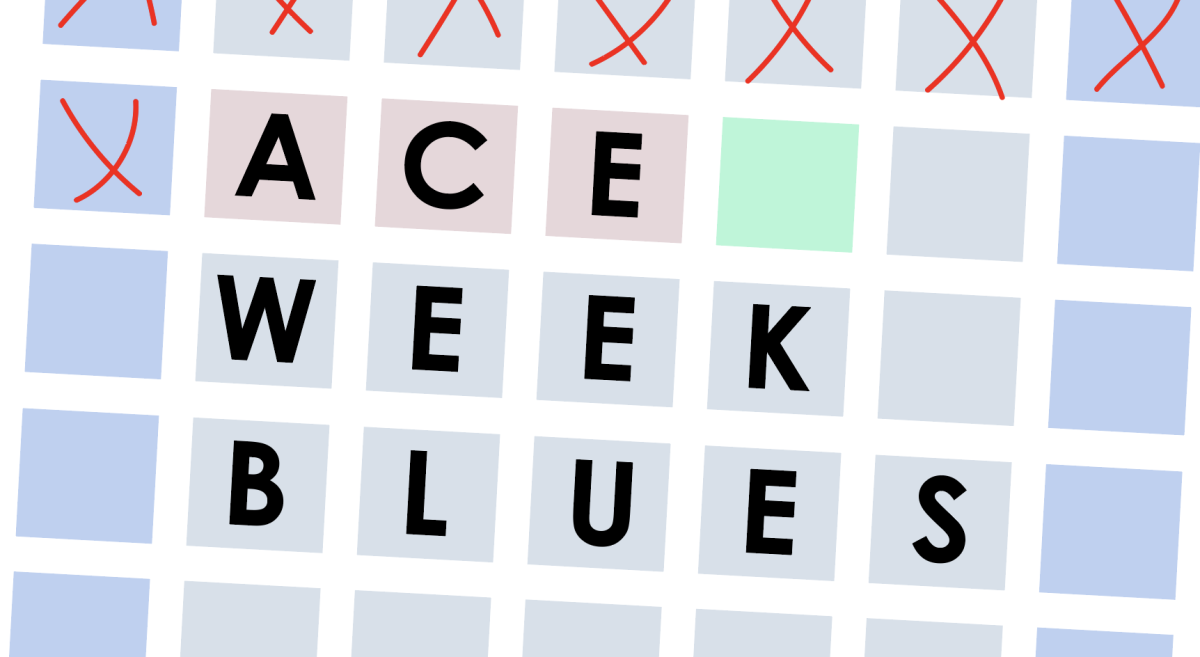


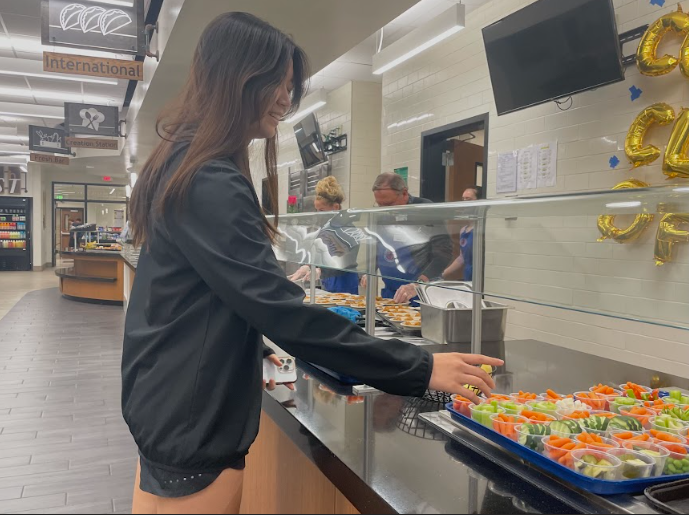





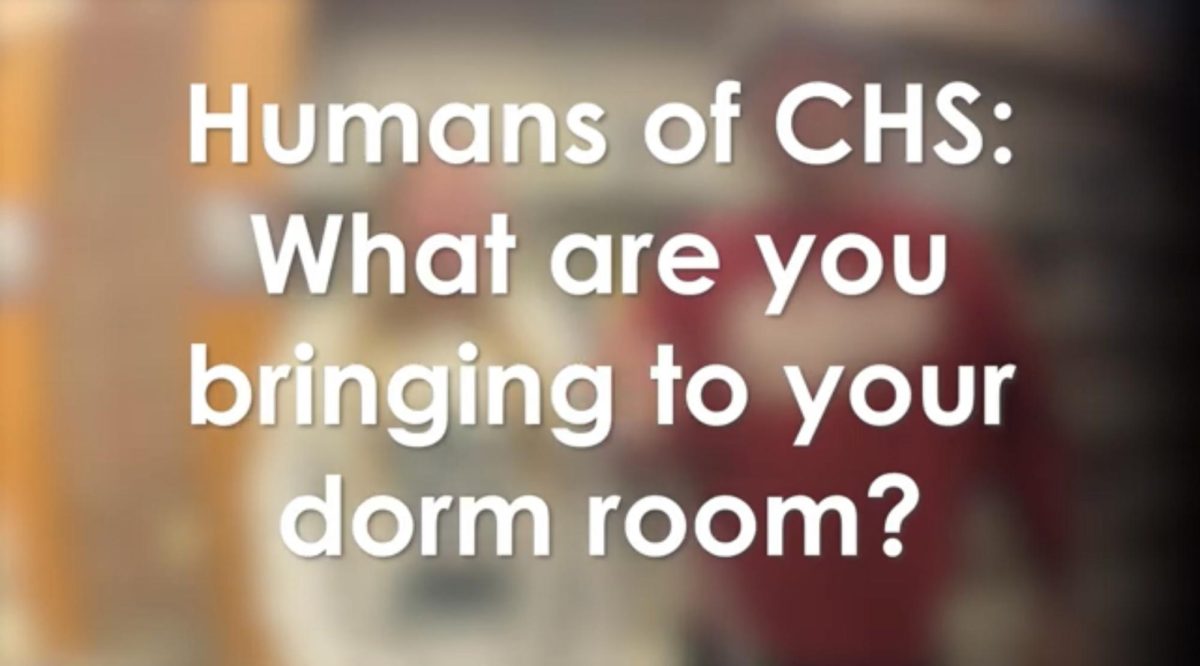













![Review: Taylor Swift’s new album The Tortured Poets Department is not her best work but is still a brilliant album [MUSE]](https://hilite.org/wp-content/uploads/2024/05/The-Anthology_Cover-1200x675.webp)
![Review: Challengers does it all [MUSE]](https://hilite.org/wp-content/uploads/2024/05/challengers-poster-1200x600.png)
![Review: A House of Flame and Shadow by Sarah J. Maas was a disappointing read [MUSE]](https://hilite.org/wp-content/uploads/2024/05/house-of-flame-and-shadow-feature.png)
![Review: Conan Gray’s new album, “Found Heaven”, is a refreshing twist on modern music [MUSE]](https://hilite.org/wp-content/uploads/2024/05/Screenshot-2023-10-31-at-16.01.05.webp)
![Review: “Bodies, Bodies, Bodies” is the quintessential Gen-Z movie [MUSE]](https://hilite.org/wp-content/uploads/2024/05/Screenshot-2024-05-15-140618.png)
![Review in Print: Maripaz Villar brings a delightfully unique style to the world of WEBTOON [MUSE]](https://hilite.org/wp-content/uploads/2023/12/maripazcover-1200x960.jpg)
![Review: “The Sword of Kaigen” is a masterpiece [MUSE]](https://hilite.org/wp-content/uploads/2023/11/Screenshot-2023-11-26-201051.png)
![Review: Gateron Oil Kings, great linear switches, okay price [MUSE]](https://hilite.org/wp-content/uploads/2023/11/Screenshot-2023-11-26-200553.png)
![Review: “A Haunting in Venice” is a significant improvement from other Agatha Christie adaptations [MUSE]](https://hilite.org/wp-content/uploads/2023/11/e7ee2938a6d422669771bce6d8088521.jpg)
![Review: A Thanksgiving story from elementary school, still just as interesting [MUSE]](https://hilite.org/wp-content/uploads/2023/11/Screenshot-2023-11-26-195514-987x1200.png)
![Review: When I Fly Towards You, cute, uplifting youth drama [MUSE]](https://hilite.org/wp-content/uploads/2023/09/When-I-Fly-Towards-You-Chinese-drama.png)
![Postcards from Muse: Hawaii Travel Diary [MUSE]](https://hilite.org/wp-content/uploads/2023/09/My-project-1-1200x1200.jpg)
![Review: Ladybug & Cat Noir: The Movie, departure from original show [MUSE]](https://hilite.org/wp-content/uploads/2023/09/Ladybug__Cat_Noir_-_The_Movie_poster.jpg)
![Review in Print: Hidden Love is the cute, uplifting drama everyone needs [MUSE]](https://hilite.org/wp-content/uploads/2023/09/hiddenlovecover-e1693597208225-1030x1200.png)
![Review in Print: Heartstopper is the heartwarming queer romance we all need [MUSE]](https://hilite.org/wp-content/uploads/2023/08/museheartstoppercover-1200x654.png)






















![Review: “Ginny & Georgia” is a dramatic and poorly made emotional rollercoaster–and I loved it anyway [MUSE]](https://hilite.org/wp-content/uploads/2024/03/ginny-and-georgia-season2-main-be37bbb9487a41e88b3f66c3baacd5c3-300x177.jpg)
![Review: Witch Hat Atelier is a masterpiece in art and world-building, but the story has only begun [MUSE]](https://hilite.org/wp-content/uploads/2024/01/unnamed-211x300.png)
![Review: “Mysterious Lotus Casebook” is an amazing historical Chinese drama [MUSE]](https://hilite.org/wp-content/uploads/2024/03/0-300x170.webp)
![Review: “A Little Life” by Hanya Yanagihara is the epitome of a heartwrenching masterpiece [MUSE]](https://hilite.org/wp-content/uploads/2024/01/unnamed-5-300x200.png)


